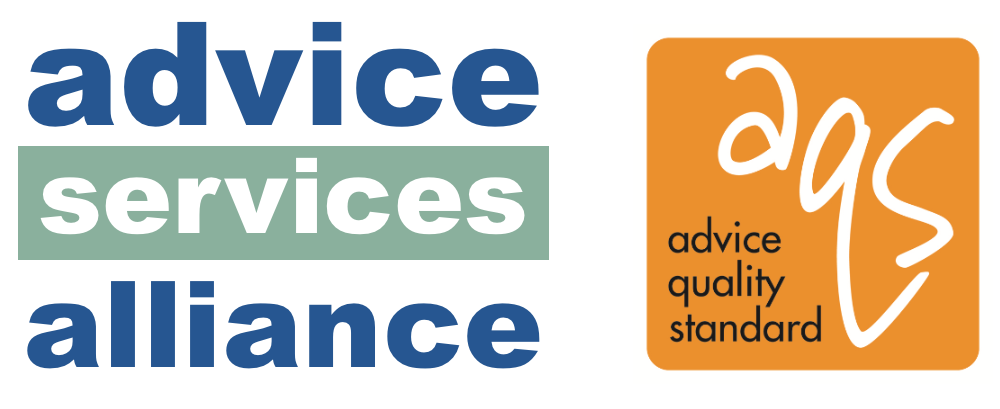Self Harm Awareness
Blog Author: Chloe Hall
Friday 1st March 2024 is self harm awareness day. This blog describes some signs, causes, and suggests possible ways forward, if you suspect that a colleague, friend or relative is self-harming.
Some signs:
- Low self-esteem or depression, for example, tearful responses, uncharacteristic lethargy or someone blaming themself for something for which they are not directly responsible;
- new or unusual bruises, scratches, cuts or burn marks on the skin. These may appear around the wrists, on the arms or chest;
- drug or alcohol misuse;
- an unexpected change in eating habits;
- keeping covered up in warm weather.
Factors which can lead to self harm
There are many causes of emotional distress which can lead someone to self-harm. For example, relationship problems, ongoing difficulties with colleagues, friends, or a partner. Moreover being bullied, whether at school, at work or at home can provoke emotional distress. In addition, many people, especially young people, can feel anxious about their sexuality.
Other common causes of emotional distress include bereavement, or physical, sexual, or emotional abuse.
A traumatic event can certainly lead to low self-esteem, anxiety or depression. However any situation which leaves someone feeling saddened or unhappy can trigger a variety of emotional responses such as loneliness, low motivation, feelings of grief, guilt or anger.
Researchers suggest that self-harm may be a form of release from these emotions, because self harm itself is often a symptom of emotional distress.
There may be a psychological reason for self-harming, for instance, some people might hear a voice telling them to self-harm. Others may dwell on thoughts of self-harming and ultimately feel that there is no alternative for them but to self harm.
What can you do, if you know someone who is self-harming?
If you feel able, you can reassure the person that you are there for them, to listen if they would like to talk, to support them but certainly not to judge. You could mention some of their positive qualities or achievements. It is important to be sympathetic and understand that they are distressed.
Avoid focussing on the self harming. If they do feel ready to talk, just being a good listener can make a difference. Try suggesting that the person sees their GP, or turns to a listening service. You may be able to help them make an appointment, or accompany them.
The NHS advises anyone who is self-harming to see their GP.
If someone has seriously injured themselves or has taken an overdose, you need to send for emergency assistance. Call 999.
Treatment
Most treatment tends to address the underlying emotional reasons for self-harm, alongside any injuries.
A GP can refer patients to a grief counsellor or a psychiatrist. Medical experts can assess social, psychological and motivational factors which lead people to self harm.
Conclusion
Self-harming remains misunderstood. It is vital to help raise awareness of commonplace signs, causes and pathways forward. The national awareness day will help in that process.
Signposting
There are many sources of advice and help online. Here are just three:
Youngminds:
https://www.youngminds.org.uk/parent/parents-a-z-mental-health-guide/self-harm/
The NHS:
https://www.nhsinform.scot/illnesses-and-conditions/mental-health/self-harm#treatment
Posted on: 1st March 2024

















